Creating your own online shop has never been easier. With multiple free services out in the world, just about anyone can open a shop. According to Forbes, in 2022, 24 million eCommerce sites were estimated to exist.
As the eCommerce world continues to grow and evolve rapidly, it’s important to stay on top of the latest trends and robust approaches, like scaling, in order to keep your shop at the top of its game.
Learning how to scale your shop may seem intimidating, but really, it can be achieved by completing research and curating your website based on user fulfillment. The following eCommerce scaling strategies allow you to carry out those effectively.
Scaling an eCommerce Store: The Basics
Before we go over eCommerce scaling strategies and learn how to grow an online store, it’s beneficial to understand what scaling actually is.
To put it simply, scaling essentially refers to maximizing your shop so that it caters to your audience. This is not a one-and-done process. Scaling continues to happen in the background as your shop continues to grow.

One can think about it like growing a flower.
As the flower continues to grow, the planter observes it to make sure it’s getting everything it needs in order to flourish. The right amount of sunlight, water and food. If it’s not, you may move the flower to a different window or begin to water it in different phases.
This is similar to how scaling works. As your shop continues to grow its audience, you may need to adjust things like customer support, product range, finances, and more. It may seem intimidating to figure out just where to start in that process, but really, you can learn how to scale your business in a few easy steps.
Now, let’s move to eCommerce scaling strategies.
1. Know Your Brand
The first step to make scaling easy for your business is to understand your brand.
Knowing the answers to what your brand is and how you want to execute that message is a powerful tool that helps take your business to new heights.
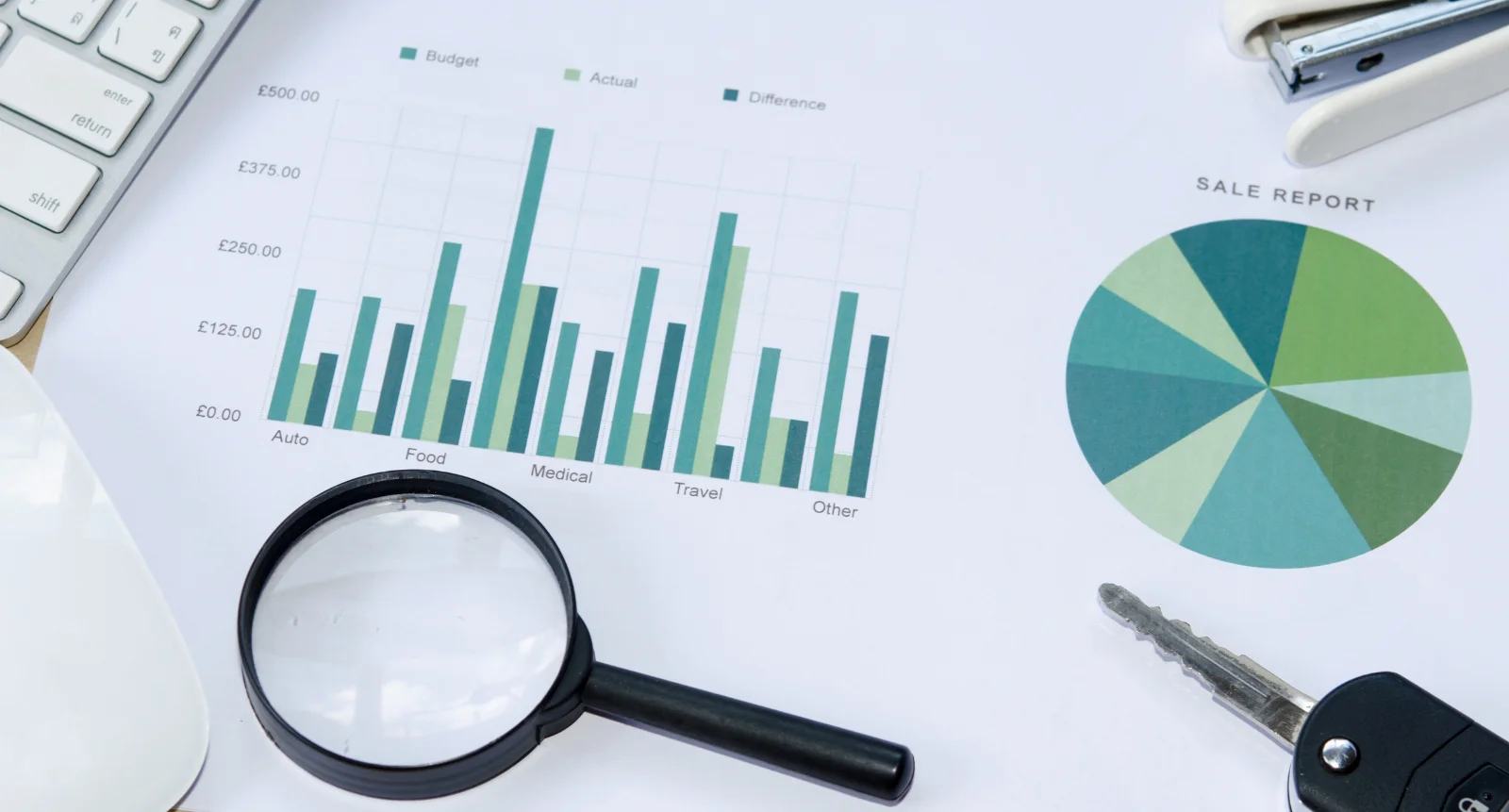
In order to understand your brand, there are a few methods you can use. Making sure you have a thorough business plan is one of them. By having a business plan, you’ll be able to scale your eCommerce business based on goals that you’ve already laid out in that plan.
It’ll give you more of a narrow direction in what you might need to adjust as your audience grows.
2. Undergo Market Research
After creating your business plan, it’s important to understand the market around your business to ensure that your plan will not only be successful but also be scaled as needed. There are multiple niches that you can research in order to undergo thorough market research.
Target Audience Research for eCommerce Scaling
Understanding your target audience is a key step in grounding your shop.
You can do this by grouping the market into various demographics. Gender, age, income, education, etc., are compelling components that will help you identify how to sell your product to specific users.
Additionally, thinking like your buyers and researching psychographics such as lifestyles, attitudes, values, interests, and more can help you understand the needs of your buyers and, in turn, learn how to scale your eCommerce business as your audience grows.
Analyze Buyer Trends
By knowing what factors influence your buyers to buy a product, you can easily scale your shop. Looking at catalysts such as price, brand loyalty, and even emotional triggers can help you zone in on what you need to adjust as your audience grows. As you continue to look at these factors, you can connect the data into patterns and trends.
These trends will provide you insight into customer preferences, buying habits, and responses to ongoing marketing.
Keep on Top of Market Trends
The eCommerce industry is continuously shifting and evolving. Consumer preferences, technological advancements, and more are not stable factors. They can change at the drop of a hat. By continuously monitoring them, you’ll be practicing the scaling routine.
Create Buyer Personas
Buyer personas are hypothetical people who may or may not buy your product.
For example, based on the research you did earlier, you may find that potential buyers could be women around the ages of 30-35 who live in New York and are workaholics.
Let’s get even more specific.
We’ll name this buyer Kathy. She’s 32, lives in New York, has two kids, is divorced, and hyperfocused on her career. By creating these specific buyer personas, you can then get into your buyers’ heads and think like them when they enter your site.
As your audience grows, you can start to narrow down different trends and reasons people like Kathy buy certain products on your site—one of the most working eCommerce scaling strategies.
Watch Your Competitors
While it’s important to hone in on your own shop, it’s also a beneficial enhancement to keep an eye on your competitors.
By looking at things like:
- What services and products your competitors offer
- How they market themselves
- The feedback they’ve received from their own buyers
And other competitor factors, you can learn where the gaps and overlaps are within your own business and, in turn, insert your brand into the equation.
Some tools you can use to effectively carry out competitor research are ahrefs, Semrush, and Ubersuggest.
3. Look At What You Have
It may sound cliche, but an easy way to scale your shop is to simply look at what you already have and use the research from earlier to fulfill your consumers’ needs.

More specifically, looking at things like your product and consumer insights can help you understand what you need to adjust. This fosters an optimized product range for steady eCommerce growth.
There are many alleyways that you can go into when looking at your product, such as:
Product Assortment
No one thing can appeal to everyone. By having a variety of products, you can ensure that you meet the needs of multiple buyer personas. By updating your products to have different colors, sizes, packaging, etc., you can appeal to the masses as your audience grows.
Trends
Similar to the research you underwent earlier, keeping on top of buyer trends will help your product in the long run. Keeping an eye on factors such as holidays, seasonal events, or cultural celebrations can allow your business opportunities to cater to a much bigger audience.
Examine Performance
Keeping an eye on customer feedback not only ensures happy customers, but it can also help you learn what you need to change about specific products or practices that your shop is currently subscribing to. Use tools like Google Analytics or Hotjar to learn more about user behaviours around your products.
Stay On Top
All in all, the easiest way to scale your business is to continuously monitor the market surrounding your shop. By keeping an eye on your consumers, trends, advances and more, you’ll be able to scale your business like a pro.
By keeping the above eCommerce growth strategies in mind, you can effectively grow the store, whether it’s 2025, 2026, or 2027.
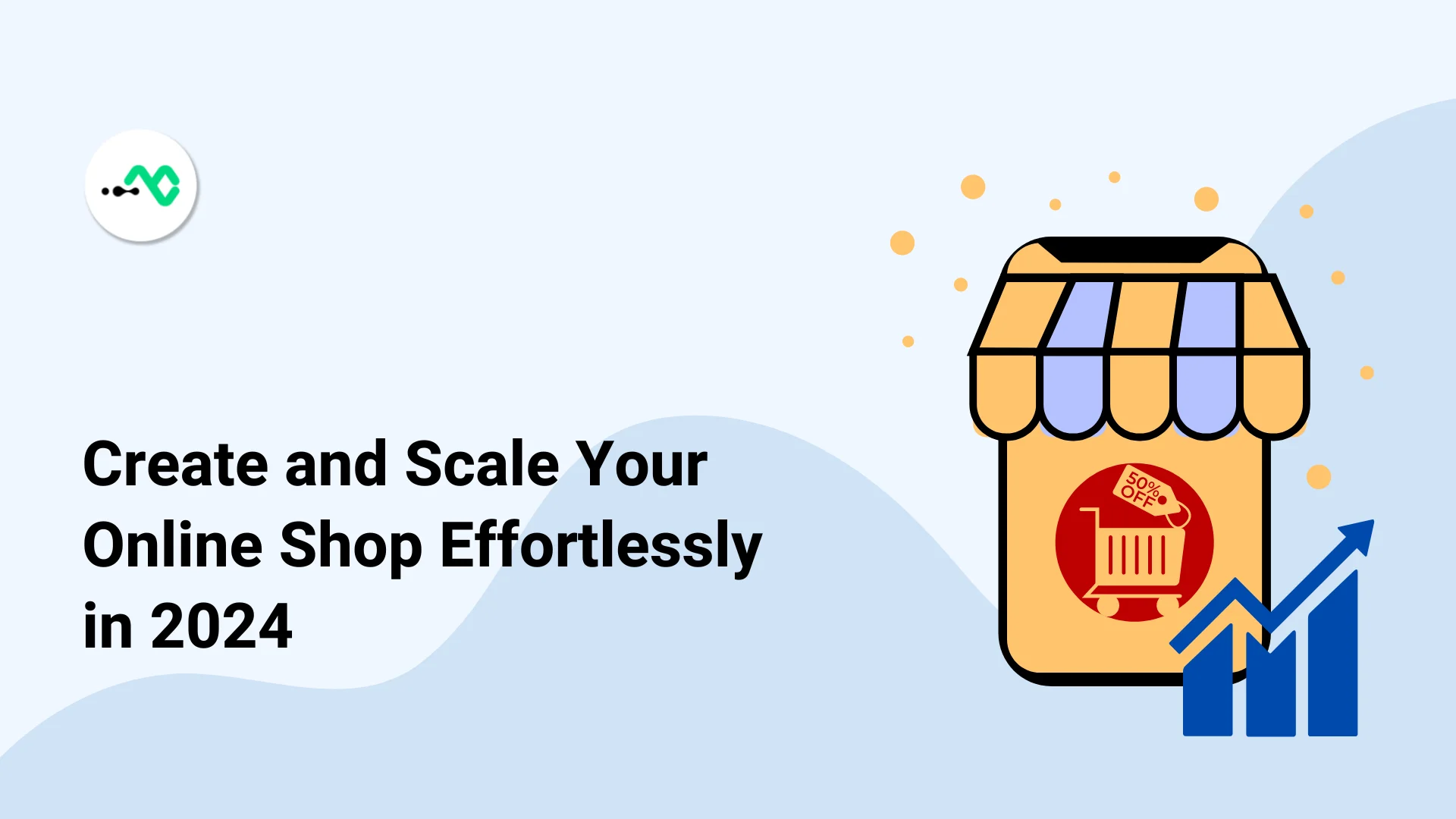
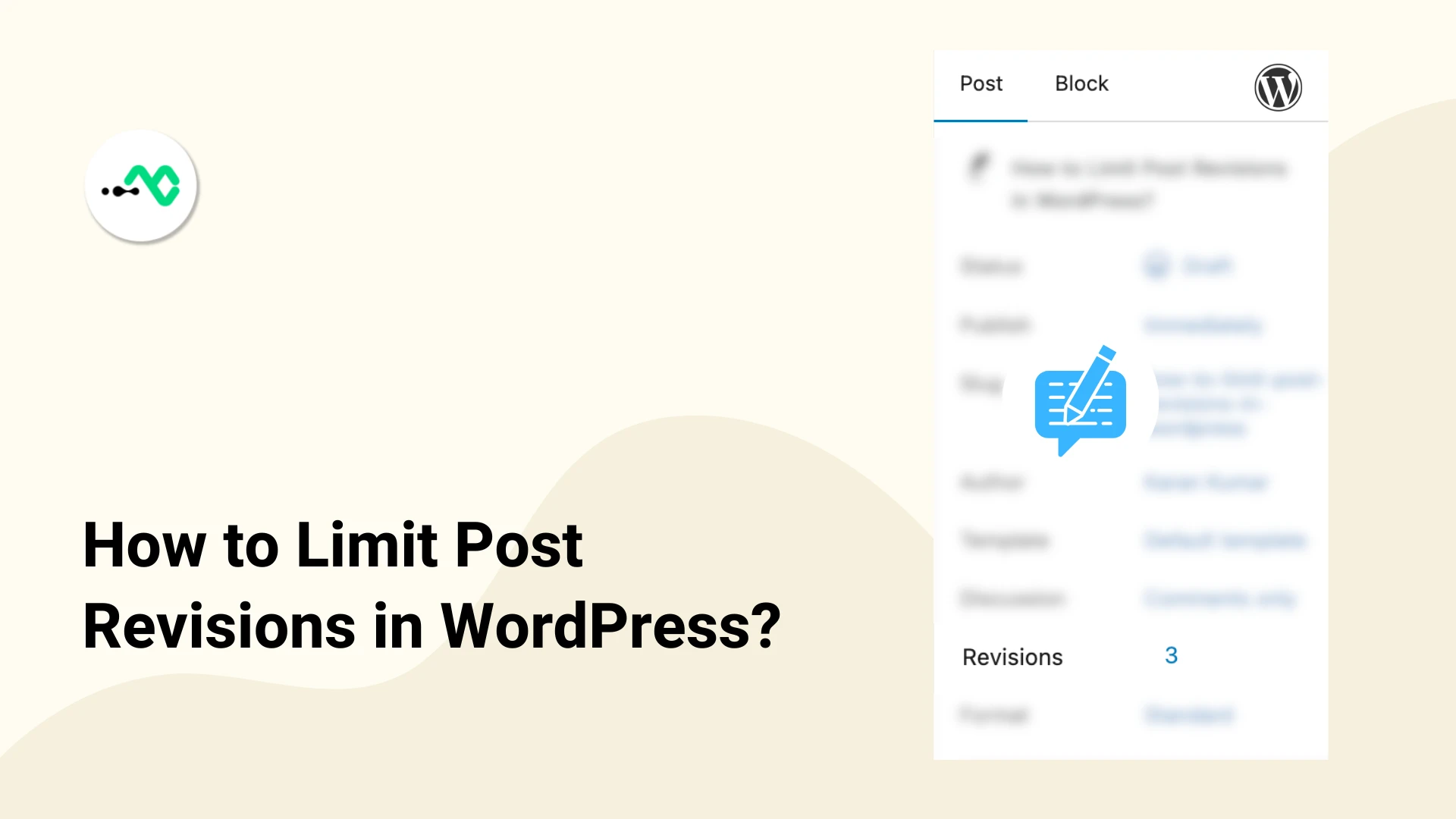
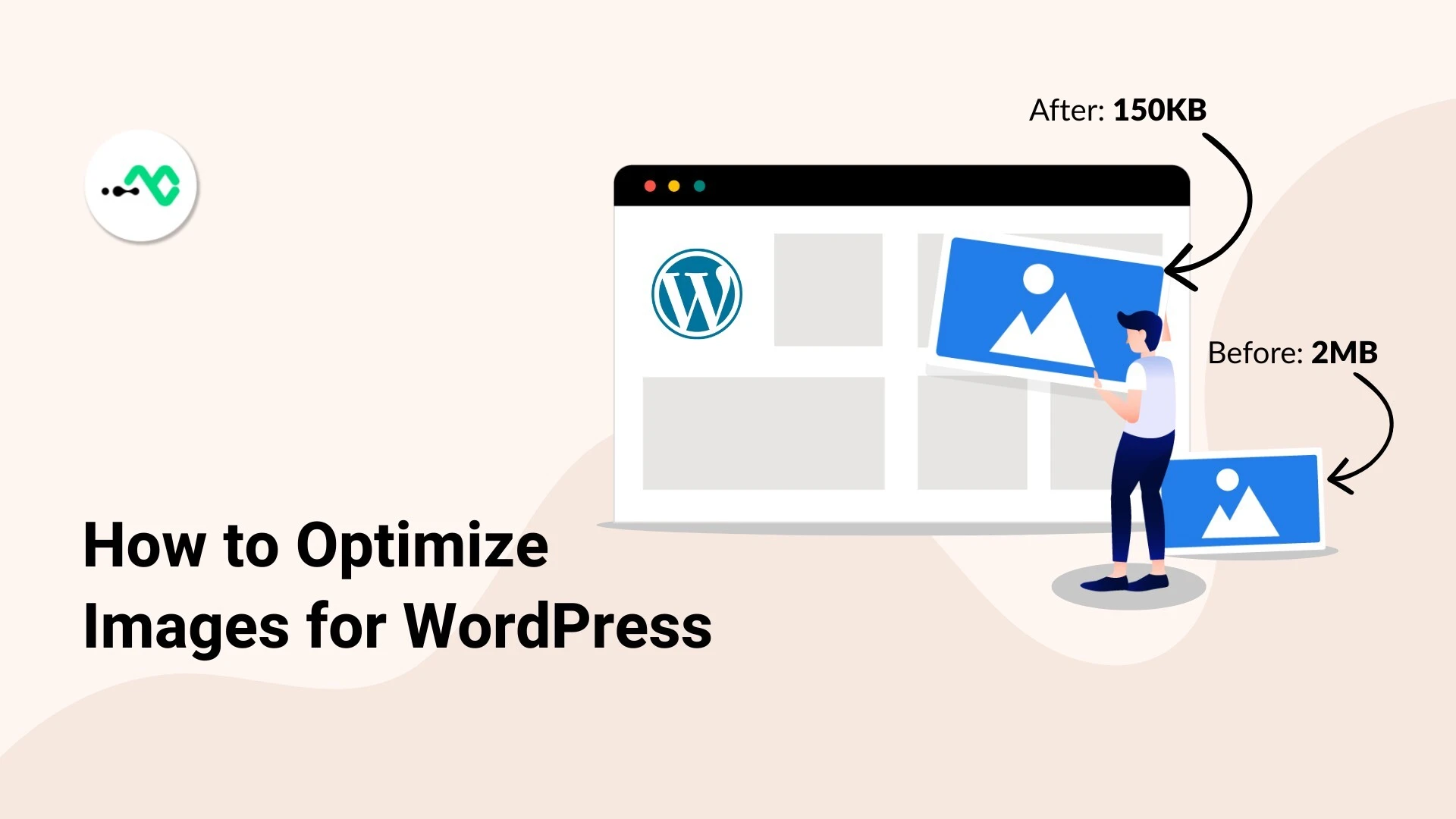
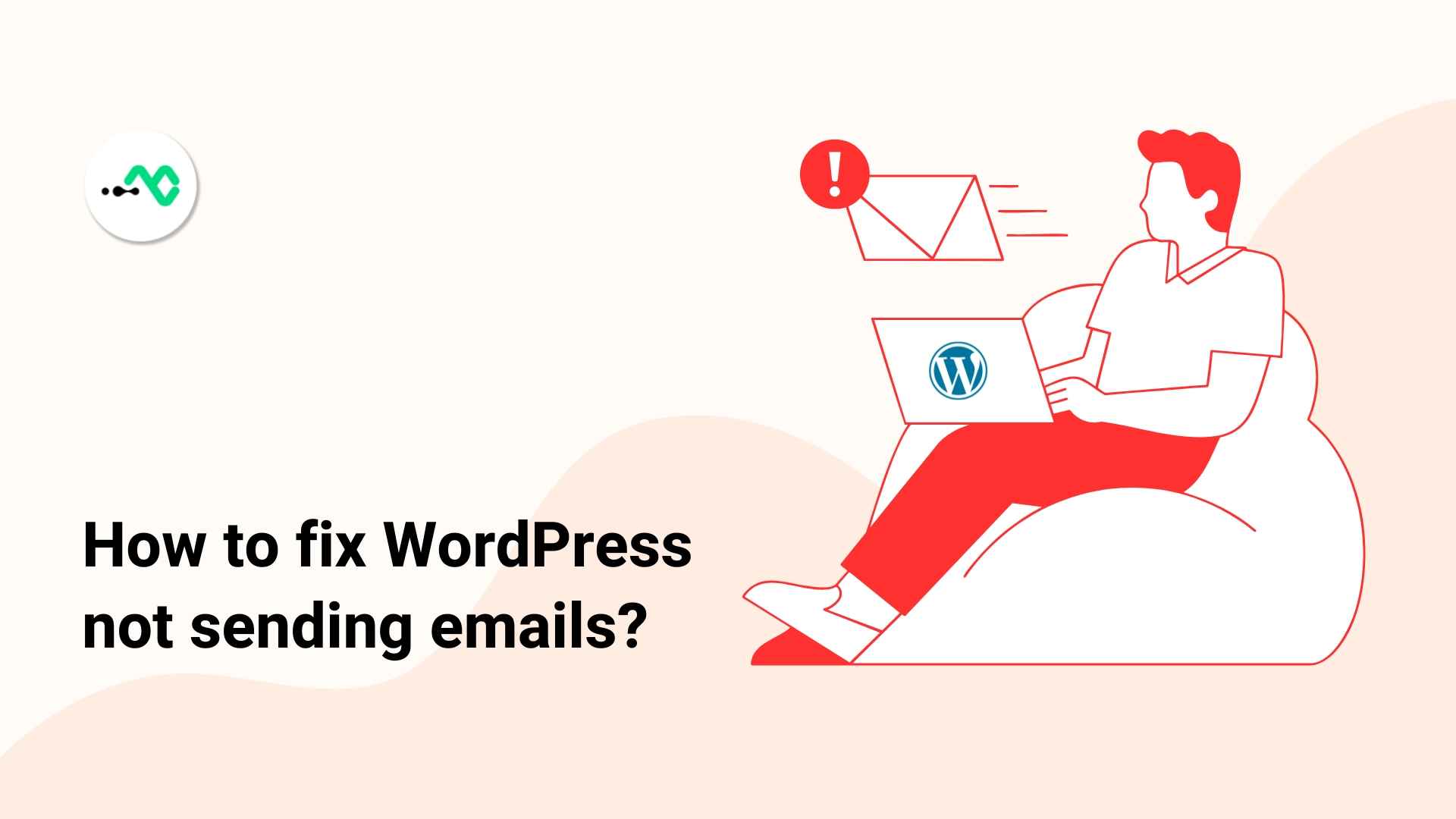
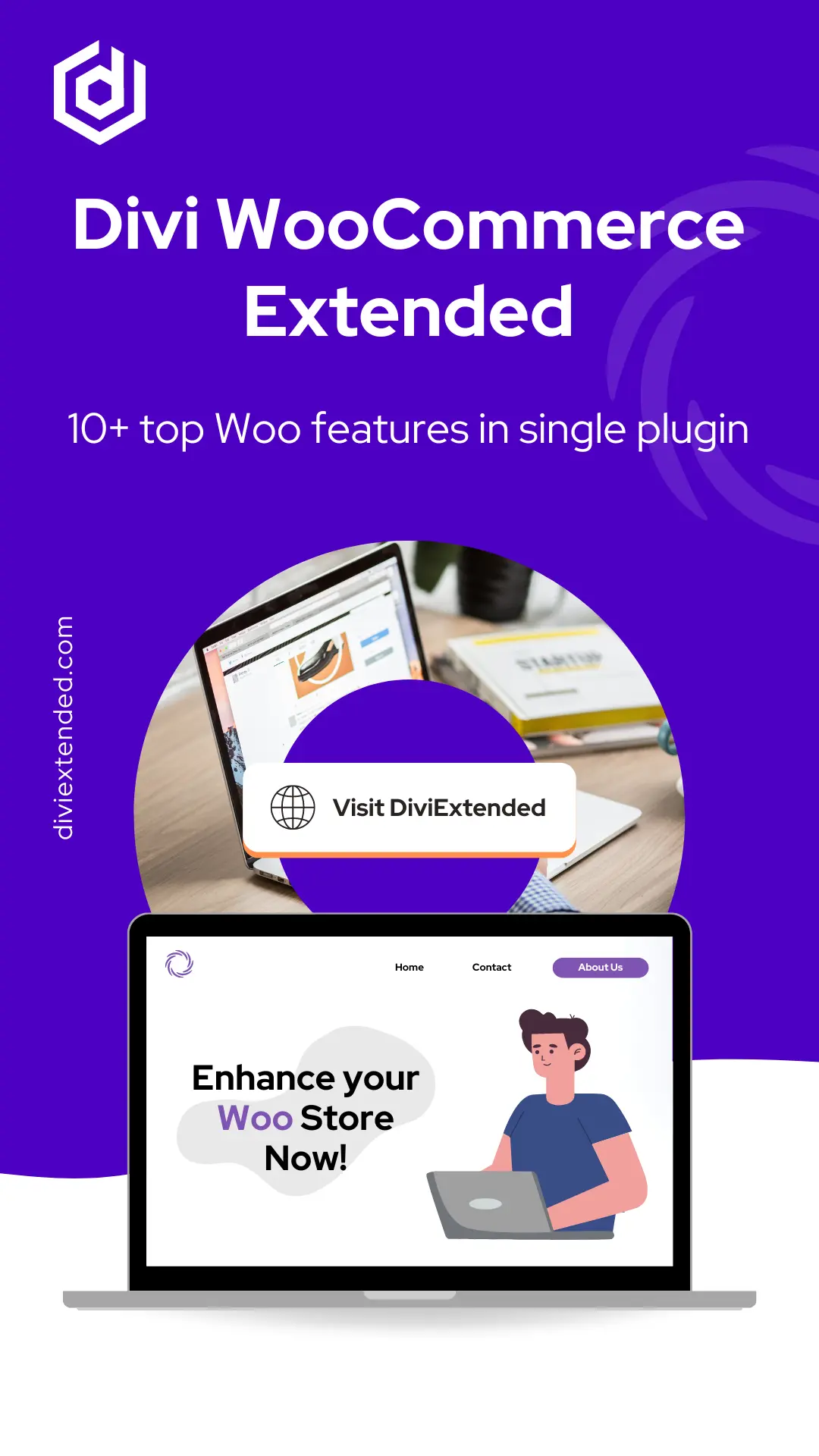
0 Comments